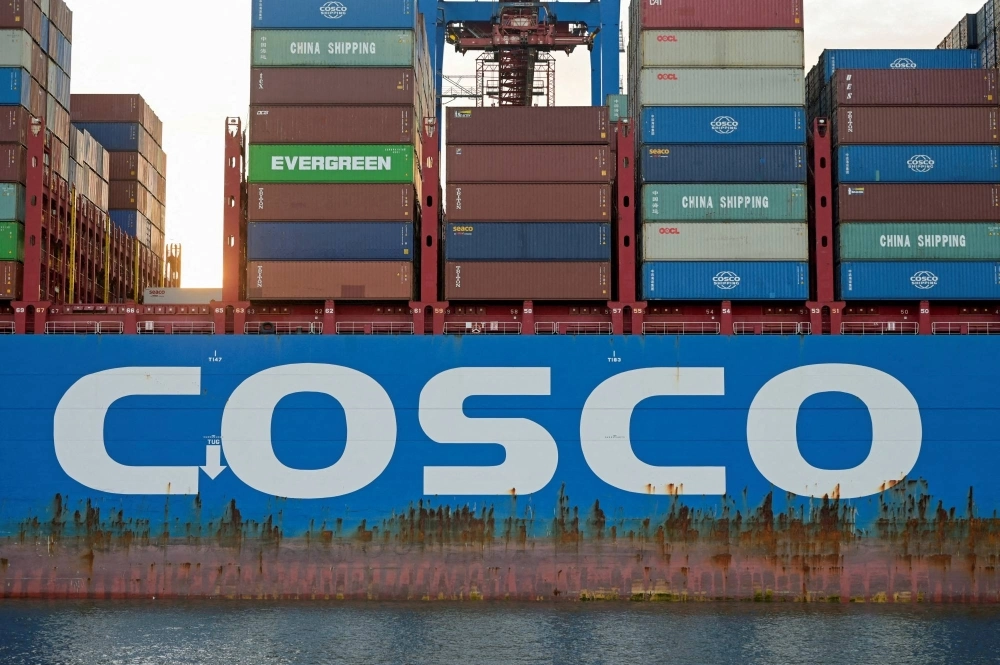Independent Polish media report that a U.S. ship that was supposed to pick up military equipment was refused access to the Polish port of Gdynia last month.
Allegedly — I haven’t been able to confirm the story in other media or elsewhere — the ship later agreed to pay a “prohibitive” fee to Hutchinson Port Holdings, a Chinese company that manages the facility, and was then allowed to dock.
If true, this is the first evidence of a problem long anticipated: Aggressive efforts by Beijing to build and develop infrastructure in foreign countries that allows the companies operating those facilities to advance Chinese government interests rather than those of the host nations. While considerable attention has focused on the dangers associated with a Chinese role in national telecommunications grids, equally worrisome is a presence in conventional infrastructure, such as transportation hubs like ports.


















With your current subscription plan you can comment on stories. However, before writing your first comment, please create a display name in the Profile section of your subscriber account page.